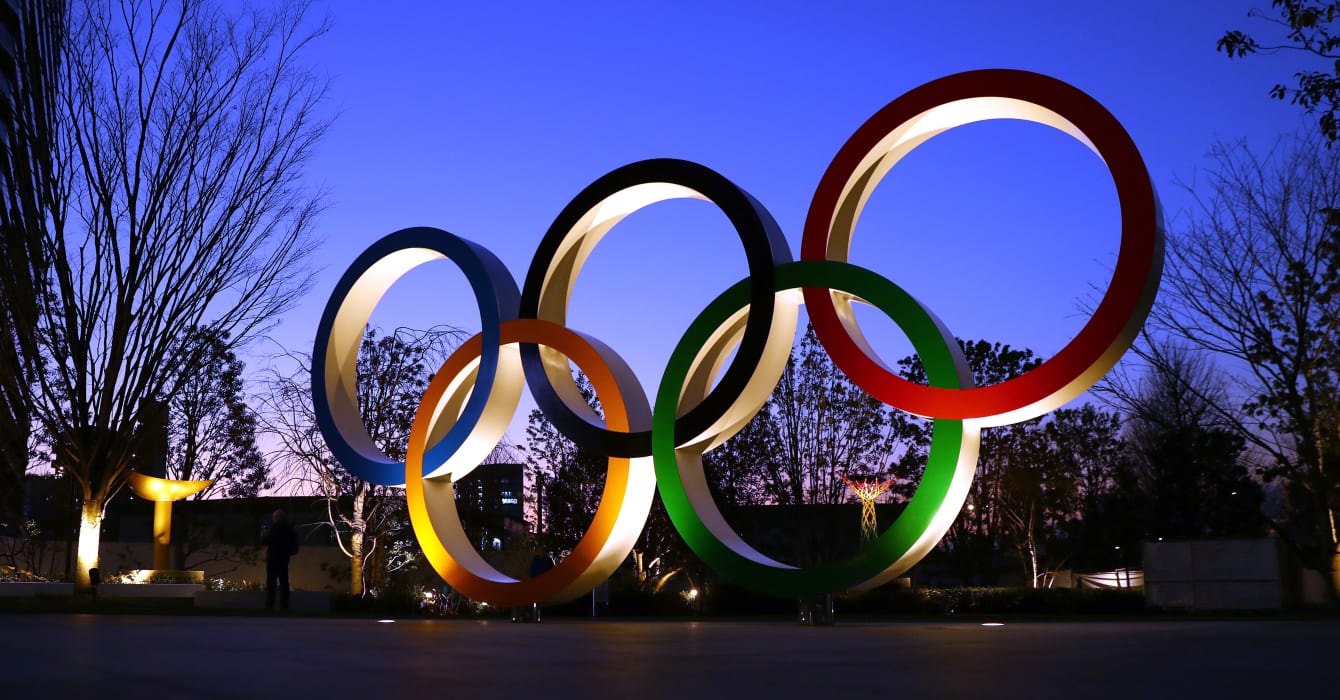
Tokyo Olympics to be held between July 23-August 8 next year
The much-awaited 2020 Tokyo Olympics, which was postponed due to the novel coronavirus outbreak, will now be organised next year during the same time slot.

The much-awaited 2020 Tokyo Olympics, which was postponed due to the novel coronavirus outbreak, will now be organised next year during the same time slot.
The Summer Games organisers on Monday (March 30) said opening ceremony will take place on July 23, 2021 almost exactly one year after the games were due to start this year.
Last week, the IOC and Japanese organizers postponed the Olympics until 2021 because of the coronavirus pandemic.
This year’s games were scheduled to open on July 24 and close on August 9. But the near exact one-year delay will see the rescheduled closing ceremony on August 8.
Related news: Olympians face uncertainty with Tokyo Games delay over COVID-19
There had been talk of switching the Olympics to spring, a move that would coincide with the blooming of Japan’s famous cherry blossoms. But it would also clash with European soccer and North American sports leagues.
After holding out for weeks, local organizers and the IOC last week postponed the Tokyo Games under pressure from athletes, national Olympic bodies and sports federations. It’s the first postponement in Olympic history, though there were several cancellations during wartime.
Both Tokyo organizing committee president Yoshiro Mori and CEO Toshiro Muto have said the cost of rescheduling will be massive local reports estimate billions of dollars with most of the expenses borne by Japanese taxpayers.
Muto promised transparency in calculating the costs, and testing times deciding how they are divided up.
“Since it (the Olympics) were scheduled for this summer, all the venues had given up hosting any other events during this time, so how do we approach that?” Muto asked.
Related news: Tokyo Olympics postponed to 2021 over coronavirus outbreak
“In addition, there will need to be guarantees when we book the new dates, and there is a possibility this will incur rent payments. So there will be costs incurred and we will need to consider them one by one. I think that will be the tougher process,” he said.
Katsuhiro Miyamoto, an emeritus professor of sports economics at Kansai University, puts the costs as high as $4 billion which would cover the price of maintaining stadiums, refitting them, paying rentals, penalties and other expenses.
Japan is officially spending $12.6 billion to organize the Olympics. However, an audit bureau of the Japanese government said the costs are twice that much. All of the spending is public money except $5.6 billion from a privately funded operating budget.
Related news: IOC mulls Olympics postponement, but says cancellation not on agenda
The Switzerland-based International Olympic Committee is contributing $1.3 billion, according to organizing committee documents. The IOCs contribution goes into the operating budget.
Bach has repeatedly called the Tokyo Olympics the best prepared in history. However, Deputy Prime Minister Taro Aso, who competed in shooting in the 1976 Olympics, also termed them cursed.
The Olympics planned for 1940 in Tokyo were cancelled because of World War II which is also the birth year of Aso.
The run-up to the Olympics also saw IOC member Tsunekazu Takeda, who also headed the Japanese Olympic Committee, forced to resign last year amid a bribery scandal.
(With inputs from agencies)


